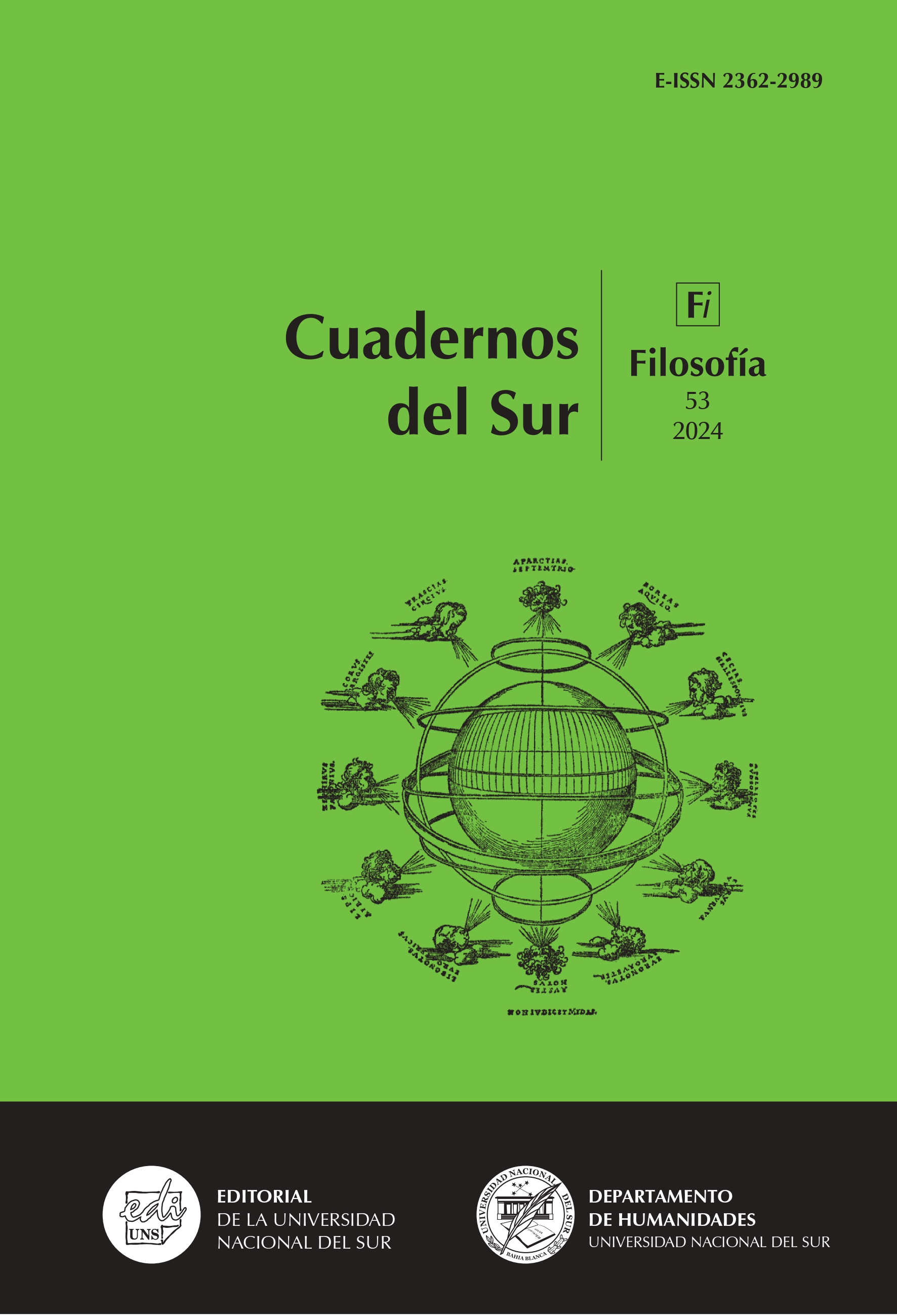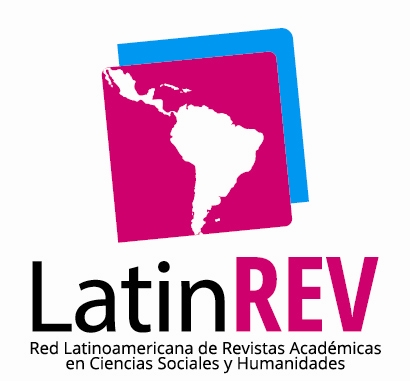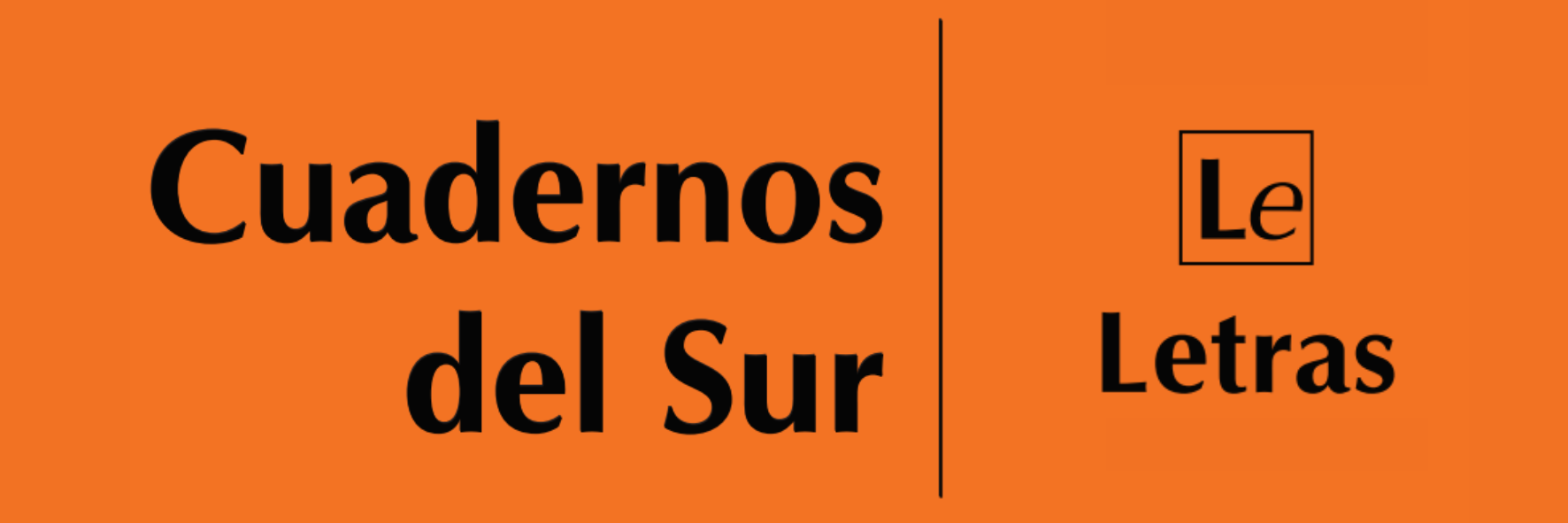Decadence: affect and concept: two approaches from recent Argentine documentary
DOI:
https://doi.org/10.52292/csf5320244765Keywords:
decadence, affect, Argentinean documentaryAbstract
Whether as a strictly political gesture or as an impulse for a certain artistic strategy, the historical experience of decadence has been evoked in different ways over time. In its incarnation of disillusionment, boredom and/or metaphysical pessimism, its pattern seems to account for something more than the mere opposite side of progress to sustain itself in the affective order. Indeed, beyond expressing a sequence of decline that starts from a past imagined as better, its characterization is crossed by a complex and not necessarily univocal affective dimension. The aim of this paper is to problematize these issues through the analysis of two recent Argentine documentaries based on family archives: La vida dormida by Natalia Labaké (2021) and Esquirlas (2021) by Natalia Garayalde. I understand that in each of them two alternative ways of expressing the affective dimension of decadence are staged: the association with monstrosity, emotional excess and degeneration in one case, and crisis, emptiness and desolation in the second film.
Downloads
References
Garayalde, Natalia (directora) (2021), Esquirlas [documental], Argentina, Punto de Fuga Cine.
Labaké, Natalia (directora) (2021), La vida dormida [documental], Argentina, Protón Cine y URSA estudio.
Berlant, Lauren (2015), “Structures of Unfeeling. Mysterious Skin”, International Journal of Politics, Culture and Society, vol. 28, pp. 191-213.
----- (2020), Optimismo cruel, Buenos Aires, Caja Negra.
Blanco Marín, Carlos Javier (2011), “Decadencia y muerte del espíritu europeo. Volviendo la mirada hacia Oswald Spengler”, Nómadas. Revista Crítica de Ciencias Sociales y Jurídicas, vol. 32, n° 4, pp. 4-19 .
Cvetkovich, Ann (2012), Depression. A Public Feeling, Durham, Duke University Press.
Davis, Heather (2022), Plastic Matter, Durham, Duke University Press.
Depetris Chauvin, Irene (2016), “Sobre la destrucción. Materialidad y afecto en dos itinerarios por una geografía sísmica”, Mora, n° 22, pp. 95-112.
Edelman, Lee (2004), No Future, Durham, Duke University Press.
Fukuyama, Francis (2015), Political Order and Political Decay, Londres, Blackwell.
Heffes, Gisela (2013), Políticas de la destrucción/Poéticas de la preservación, Buenos Aires, Beatriz Viterbo.
Koselleck, Reinhart (2012), Historias de conceptos. Estudios sobre semántica y pragmática del lenguaje político y social, Madrid, Trotta.
Landgraf, Diemo (2014), “On the notion of decadence in the FRG and France after 1945”, en Landgraf, Diemo (ed.), Decadence in Literature and Intellectual Debate since 1945, Nueva York, Palgrave, pp. 3-24.
Latour Bruno (2023), Manifiesto ecológico político, Buenos Aires, Siglo XXI.
Lomnitz, Claudio (2003), “Times of Crisis. Historicity, Sacrifice and the Spectacle of Debacle in Mexico City”, Public Culture, vol. 15, n° 1, pp. 127-147.
Luke, Timothy (1997), Ecocritique. Contesting the Politics of Nature, Economy, and Culture, Minneapolis, Minnesota University Press.
Mack, Michael (2021), Disappointment. Its Modern Roots from Spinoza to Contemporary Literature, Londres, Bloomsbury.
Malatino, Hil (2022), Side Affects. On Being Trans and Feeling Bad, Minneapolis, University of Minnesota Press.
Marín, Agustina (2023), “Narrativas de la crisis ecológica: entre el Capitaloceno y la Transmodernidad”, en Pachilla, Pablo (ed.), Postnaturalismos, Buenos Aires, RAGIF, pp. 51-62.
Mattio, Eduardo (2020), “Mapear el fracaso. Una narración disidente de los afectos homoeróticos en Carlos Correas”, Revista Diferencia(s), n° 10, pp. 41-50.
Pachilla, Pablo (2020), “¿Dónde vivimos? Consideraciones sobre las nociones de mundo, tierra y Gaia”, en AA.VV., Investigar en tiempos de pandemia. Actas de las II Jornadas Nacionales de Becaries doctorales y posdoctorales en Filosofía, Migueletes, LICH-UNSAM- CONICET, pp. 68-77.
----- (2023), “Introducción. La filosofía y sus otros: antropología y biología en el debate contemporáneo”, en Pachilla, Pablo (ed.), Postnaturalismos, Buenos Aires, RAGIF, pp.11-48.
Pareyson, Luigi (1996), “El estupor de la razón en Schelling”, Nombres, n° 7, pp. 7-21.
Roitman, Janet (2013), Anti-Crisis, Durham, Duke University Press.
Spengler, Oswald (1966), La decadencia de Occidente I, Madrid, Espasa Calpe.
Stasavage, David (2020), The Decline and Rise of Democracy: A Global History from Antiquity to Today, Princeton, Princeton University Press.
Willis, Jakob (2014), “Michelangelo Antonioni’s Early ‘Trilogy of Decadence’: L’avventura (1960), La notte (1961), L’eclisse (1962)”, en Landgraf, Diemo (ed.), Decadence in Literature and Intellectual Debate since 1945, Nueva York, Palgrave, pp. 133-152.
How to Cite
Issue
Section
License
Copyright (c) 2024 Cecilia Macón

This work is licensed under a Creative Commons Attribution-NonCommercial 4.0 International License.
Aquellos autores/as que tengan publicaciones con esta revista, aceptan los términos siguientes:- Los autores/as conservarán sus derechos de autor y garantizarán a la revista el derecho de primera publicación de su obra, el cuál estará simultáneamente sujeto a la licencia Atribución-No Comercial 4.0 Internacional CC BY-NC 4.0.
- Los autores/as podrán adoptar otros acuerdos de licencia no exclusiva de distribución de la versión de la obra publicada (p. ej.: depositarla en un archivo telemático institucional o publicarla en un volumen monográfico) siempre que se indique la publicación inicial en esta revista.
- Se permite y recomienda a los autores/as difundir su obra a través de Internet (p. ej.: en archivos telemáticos institucionales o en su página web) una vez publicado su trabajo, lo cual puede producir intercambios interesantes y aumentar las citas de la obra publicada. (Véase El efecto del acceso abierto).










